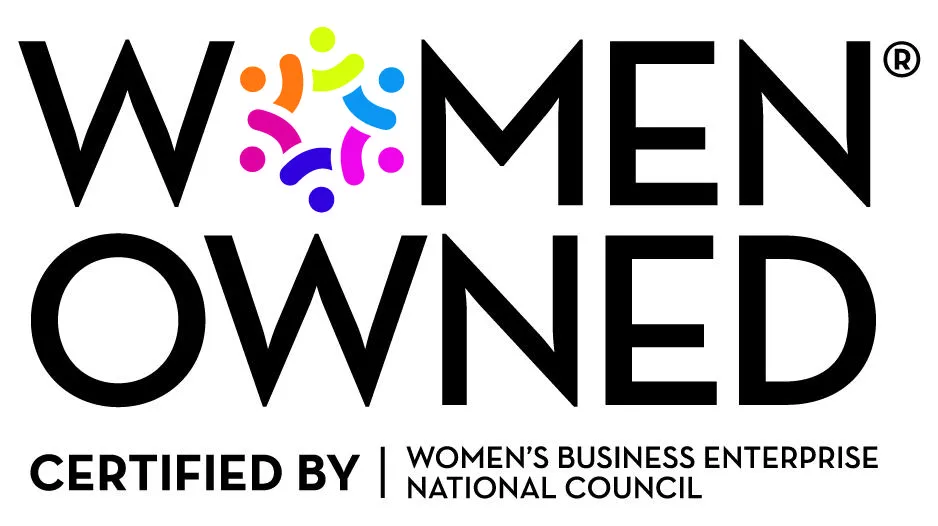LEADERSHIP BLOG
Articles, Advice & Inspiration
Leadership ∘ Business ∘ Strategy ∘ Ministry ∘ Sustainability
Across diverse sectors, leaders face multifaceted challenges that demand tailored strategies for success. These blog post ideas delve into crucial areas such as...
Strategy Development
Organizational Structure
Business Planning
...offering nuanced insights and actionable strategies customized to the unique contexts of...
Non-Profit Leadership
Higher Education Leadership
Startups & Small Businesses
Enterprises
From addressing deficits and delays to enhancing profitability and sustainability, these posts provide practical guidance to empower leaders in navigating complexities, driving sustainable growth, and effecting positive change within their organizations.

Building Sustainable Nonprofit Organizations: Balancing Mission and Financial Viability
Running a nonprofit is a labor of love. You’re driven by a mission to make the world a better place, but you also need to ensure your organization can keep its doors open and continue its work. Striking the right balance between staying true to your mission and maintaining financial viability is crucial. Here are some best practices to help nonprofit leaders navigate this delicate balancing act and ensure long-term sustainability.
Stay Rooted in Your Mission
Your mission is the heart and soul of your nonprofit. It’s why you exist and what motivates your team, volunteers, and supporters. Always keep your mission at the forefront of your decision-making process. Whether you’re considering new programs, partnerships, or funding opportunities, ask yourself: Does this align with our mission? Staying mission-focused ensures that your organization remains impactful and true to its core values.
Diversify Your Funding Sources
Relying on a single source of funding is like walking a tightrope without a safety net. Diversifying your revenue streams can provide financial stability and reduce risk. Look into a mix of grants, individual donations, corporate sponsorships, fundraising events, and even earned income through services or products. The more varied your funding sources, the more resilient your organization will be against financial uncertainties.
Cultivate Strong Donor Relationships
Your donors are vital to your nonprofit’s success. Building and maintaining strong relationships with them is key. Keep your donors engaged and informed about the impact of their contributions. Regular updates, heartfelt thank-you notes, and invitations to events help create a sense of community and belonging. When donors feel connected to your mission, they’re more likely to continue their support.
Invest in Your Team
Your team is your nonprofit’s backbone. Investing in their development and well-being can lead to greater organizational success. Provide opportunities for professional growth, create a positive work environment, and recognize their achievements. A motivated, well-equipped team is more effective and committed to your mission, which in turn drives the sustainability of your organization.
Practice Good Governance
Strong governance is essential for any sustainable nonprofit. Ensure your board of directors is engaged, diverse, and skilled. They should provide strategic guidance, oversight, and support. Regularly review and update your policies and procedures to align with best practices and legal requirements. Good governance builds trust with donors, stakeholders, and the community, reinforcing your organization’s credibility and effectiveness.
Measure and Communicate Impact
To secure ongoing support, you need to show that your work is making a difference. Develop robust methods for measuring and evaluating your programs’ outcomes. Use this data to tell your story and demonstrate your impact in reports, newsletters, and on your website. Transparency about your successes and challenges not only attracts donors but also helps improve your programs.
Plan for the Future
While addressing immediate needs is important, long-term planning is crucial for sustainability. Develop a strategic plan outlining your long-term goals and the steps needed to achieve them. Include financial projections, resource needs, and potential challenges. Regularly review and adjust your plan to adapt to changing circumstances. A clear, forward-looking roadmap keeps you focused and prepared for the future.
Leverage Technology
Technology can significantly enhance your nonprofit’s operations and outreach. Utilize donor management systems to streamline fundraising, social media to engage with your audience, and data analytics to inform your strategies. Embracing technology can improve efficiency, broaden your reach, and help you connect with more supporters.
Foster Community Engagement
Engaging with your community is key to building a sustainable nonprofit. Develop strong relationships with the people you serve, local businesses, other nonprofits, and community leaders. Collaborate on projects, share resources, and support each other’s efforts. A robust community network provides invaluable support and enhances your organization’s impact.
Stay Adaptable
The ability to adapt to changing circumstances is essential for long-term sustainability. Stay informed about trends and changes in your field, be open to new ideas, and be ready to pivot when necessary. Flexibility allows your organization to respond effectively to new challenges and opportunities, ensuring continued relevance and impact.
Conclusion: Striking the Balance
Balancing your nonprofit’s mission with financial viability is a continuous process, but it’s entirely achievable. By staying mission-focused, diversifying funding, investing in your team, practicing good governance, measuring impact, planning for the future, leveraging technology, fostering community engagement, and staying adaptable, you can build a sustainable organization that continues to drive positive change.
Remember, sustainability isn’t just about surviving—it’s about thriving and amplifying your impact. With the right strategies, your nonprofit can achieve both its mission and financial goals, creating a lasting legacy of good in the world.


© Copyright 2025. Dr. Jacqueline Dowdy. All Rights Reserved.